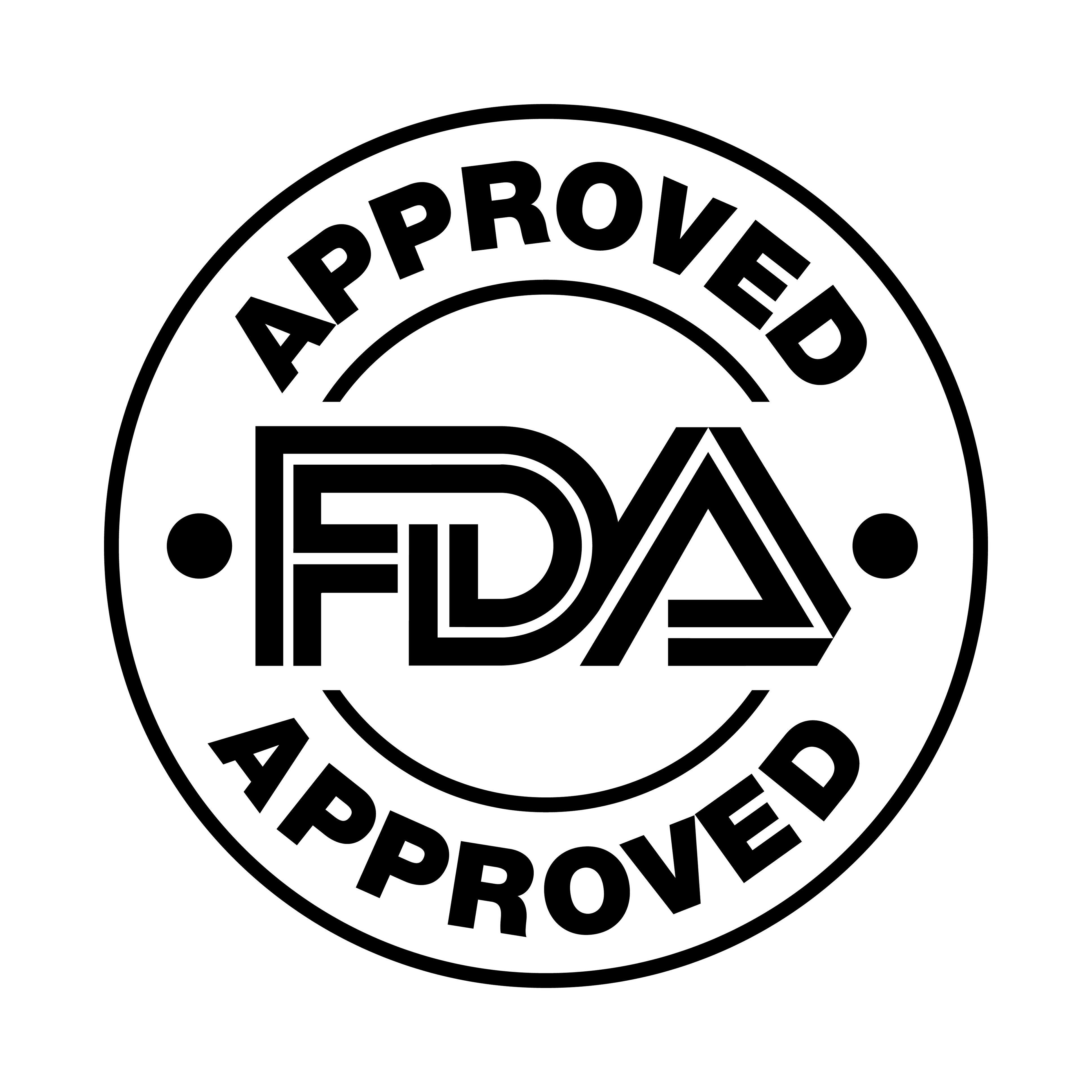FDA expands approval of somapacitan-beco injection to children with growth hormone deficiency
With the recent FDA-approved indication for children aged 2.5 years and older, somapacitan-beco is the first and only once-weekly growth hormone (GH) for children and adults.
FDA approval logo | Image Credit: © Calin - © Calin - stock.adobe.com.

The FDA recently approved a new indication for somapacitan-beco (SOGROYA; Novo Nordisk), a once-weekly subcutaneous injection, to treat children aged 2.5 years and older with growth hormone deficiency (GHD), according to a press release from Novo Nordisk.1
Somapacitan-beco is the first and only once-weekly growth hormone (GH) treatment for children and adults, following this indication approval. The prescription medicine injection (5 mg, 10 mg, or 15 mg) contains human growth hormone, the same growth hormone made by the body, according to Novo Nordisk.1
Somapacitan-beco will be provided in a premixed, prefilled, and portable pen that is stable at room temperature, up to 77 °F, for up to a maximum of 72 hours. According to Novo Nordisk, children with GHD can experience short stature and can have an increased risk for other growth-associated problems. GH replacement has been the standard care to improve growth outcomes, however, patients can struggle with a daily injection routine over time.1
“A once-weekly growth hormone treatment like Sogroya may offer a therapeutic alternative for patients and their caregivers interested in a once-weekly option,” said Stephanie Seremetis, MD, CMO, and CVP, Rare Disease, Novo Nordisk.1
The expanded indication of somapacitan-beco for children aged 2.5 years and older with GHD is based on phase 3 results demonstrated in the REAL4 study (NCT03811535).2 In the study, 200 treatment-naïve patients aged 2.5 to 11 years with GHD were either given once-weekly somapacitan-beco (n = 132) or daily somatropin (n = 68) for 52 weeks.1 Results demonstrated that somapacitan-beco (11.2 cm/year) was comparable to daily somatropin (11.7 cm/year) for the primary endpoint of annualized height velocity. Nasopharyngitis, headache, pyrexia, pain in extremity, and injection site reactions were adverse reactions in the REAL4 study, occurring in more than 5% of patients.1
According to Novo Nordisk, somapacitan-beco leverages albumin-binding technology, which delays elimination of somapacitan-beco. As a result, in vivo half-life and duration of action is prolonged.1
Children with closed bone growth plates and children with Prader-Willi syndrome that are severely obese or have breathing problems, should not use somapacitan-beco. Novo Nordisk plans to make somapacitan-beco available for both adult and pediatric patients in the coming months.1
References:
1. FDA approves once-weekly Sogroya for the treatment of children living with growth hormone deficiency. Novo Nordisk. April 28, 2023. Accessed May 1, 2023. https://www.novonordisk-us.com/content/nncorp/us/en_us/media/news-archive/news-details.html?id=166098
2. A research study in children with a low level of hormone to grow. Treatment is somapacitan once a week compared to Norditropin once a day (REAL4). clinicaltrials.gov. Updated April 25, 2023. Accessed May 1, 2023. https://clinicaltrials.gov/ct2/show/NCT03811535